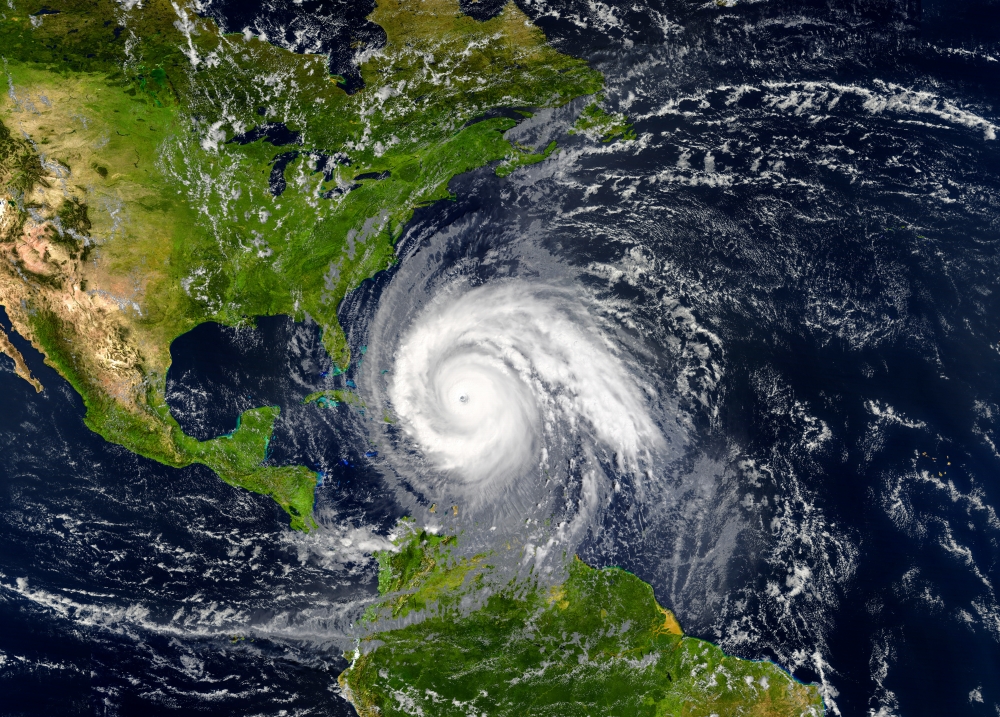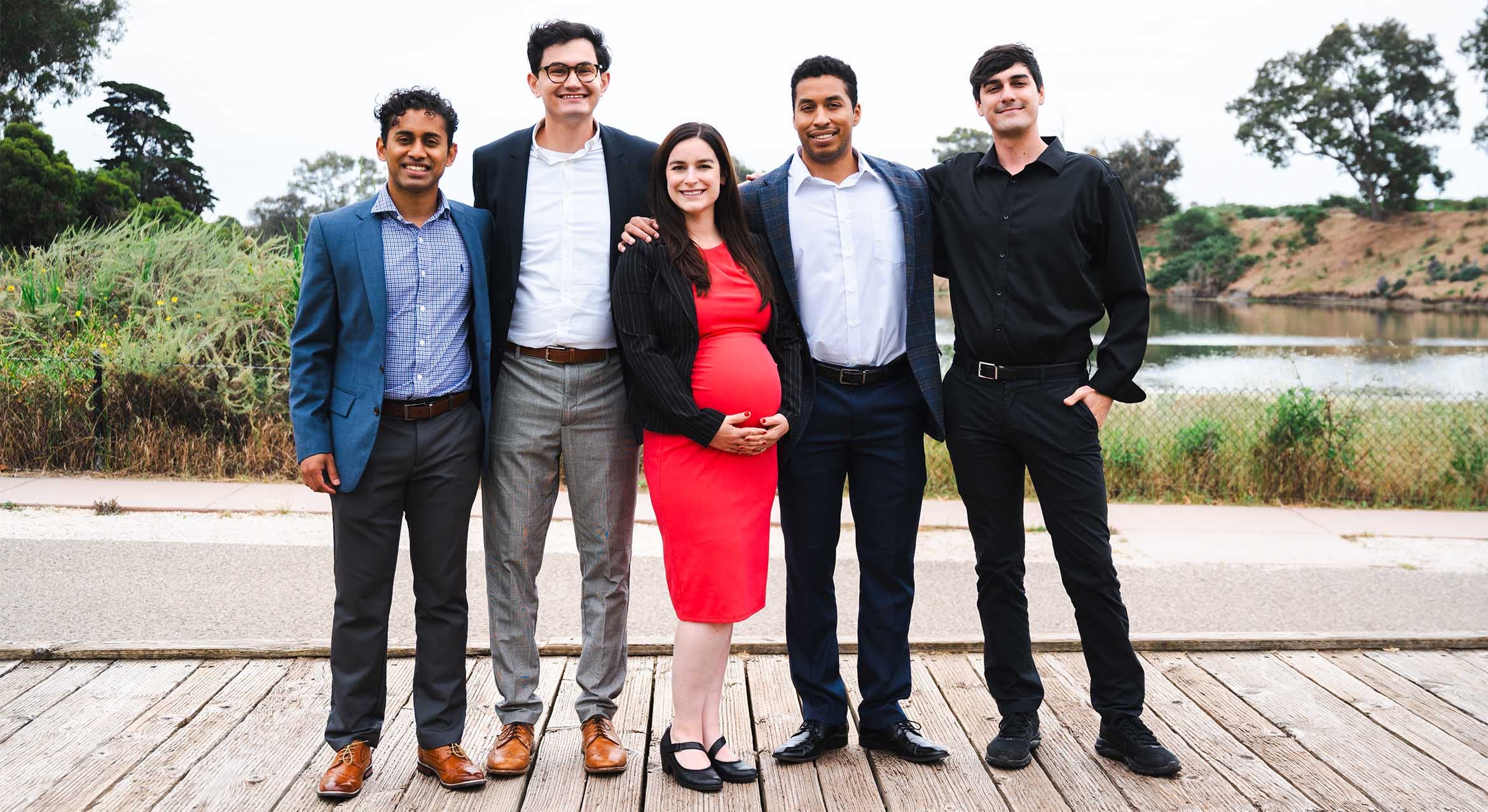
State of the Climate



Three UC Santa Barbara professors — Halley Froehlich, Eric Masanet and Lint Barrage — have been selected by the United States Global Change Research Program (USGCRP) to serve as authors for the Fifth National Climate Assessment, or NCA5. The document, which is released every four years, is created with the intention of giving decisionmakers the best information on the changing state of the climate and its effects on both human and natural systems.
“The Fifth National Climate Assessment is currently in development,” said Froehlich, an assistant professor in the Department of Ecology, Evolution and Marine Biology. “It will synthesize and analyze the impacts of climate change in the United States for anyone interested in this area of research or people wanting to know what is likely to happen under the best and worst-case scenarios to the part of the U.S. they call home.”
The document is tentatively divided into several chapters, focusing on the latest information and trends with regard to changes in Earth and climate processes; how they affect the country on national and regional levels with respect to natural resources and human systems; and efforts to respond to these changes.
“It’s clear from the latest IPCC report that we have a limited window for keeping global temperature rise to 1.5 °C,” said Masanet, a professor in the Bren School of Environmental Science & Management, referring to a recent report from Intergovernmental Panel on Climate Change, the United Nations body for assessing the science related to climate change. “So while it’s too early to comment on NCA5’s findings, which will be generated by several hundred authors over the next year through rigorous reviews of the scientific literature, I think the role of the National Climate Assessment is now more important than ever for raising the urgency of climate actions.”
Over the next few months, Froehlich, Masanet and Barrage will join hundreds of U.S. colleagues in crafting the document, utilizing their expertise in their respective fields to help shape the country’s climate outlook in fields as diverse and wide-ranging as energy production and use, the natural environment, food production, biodiversity, human health and welfare. Four previous National Climate Assessments have been released since 2000.
Masanet, an expert in the area of industrial decarbonization, will contribute to the NCA5’s chapter on mitigation, while Froehlich, who specializes in aquaculture and fisheries, is one of the authors on the chapter on the Southwest region. Both are experienced collaborators on large projects and both have served as authors in the most recent IPCC assessment report cycle. An expert in macro-public and environmental economics, Barrage will be a contributor to the report’s chapter on economics.
“I still feel relatively early in my career, but I’m excited that my research and expertise can help contribute to the collective efforts to understand and ideally address the impacts of climate change on our country and the world at large,” Froehlich said.
“It is quite an honor, given how accomplished the author team is and how critically important this particular National Climate Assessment is in U.S. efforts to understand and address climate change,” Masanet said.
Indeed, according to the USGCRP, “Earth’s climate is now changing faster than at any point in the history of modern civilization, primarily as a result of human activities.” The NCA5 will be a technical scientific assessment; it will not make policy recommendations or evaluate existing or proposed policies. The report is currently expected to be released in late 2023.
Masanet, Froehlich, Barrage and colleagues would not be able to do this work without the help of the public; the document is at the public engagement stage, in which virtual workshops will be held to gather thoughts on climate change-related issues. The information gathered will help authors decide which topics to discuss. The workshops are free and open to the public.
The workshop on the Economics chapter takes place on January 31, 2022 at 9 a.m. PST. The workshop on the Southwest chapter, takes place on February 4, 2022 at 10 a.m. PST. The workshop on the Mitigation chapter takes place on February 7, 2022 at 10 a.m. PST.



